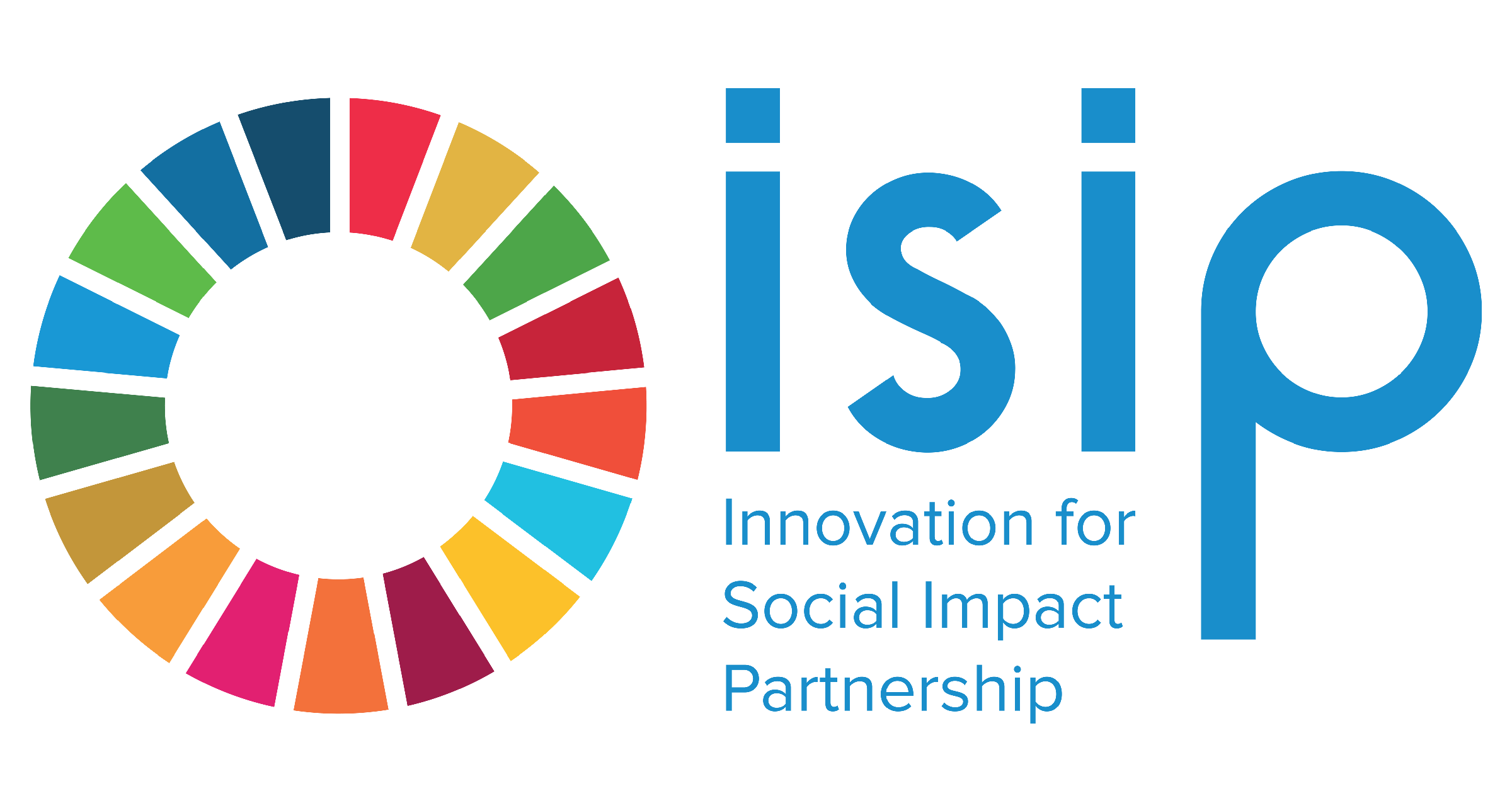What We Can Learn (And Unlearn) About Developing Social Enterprises?
by Kevin Martin dela Cruz
Art by Jazmin Tan
With over 164,000 social enterprises in the Philippines, according to the research done by the British Council, it can be said that the sector can possibly make an impact in enabling inclusive economic growth. Since these ventures are also legitimate, growing organizations, the number can be considered as reaching critical mass to influence local development outcomes. Given its triple bottom line approach in development, the structure and efficiency of social enterprises would make them sustainable models in enabling long-term development. But, in reality, despite the 6.4% annual GDP growth rate the country has experienced before the pandemic, quality of life indicators has yet to increase for almost 16.7% of the total population, including those who live below the poverty line. Has the present quantity and nature of social enterprises enable them to be effective in affecting development outcomes?
“Has the present quantity and nature of social enterprises enable them to be effective in affecting development outcomes?”
The Innovation for Social Impact Partnership (ISIP) project aims to amplify the capacity of both the social enterprises and enterprise-enabling institutions to make the Sustainable Development Goals attainable in the country. This would be achieved through interventions being done in the social enterprise ecosystem such as impact management training sessions for universities and impact acceleration for late-stage social enterprises. In the past three years of implementation, the project team has reached out to diverse organizations to advocate social entrepreneurship as a driver to sustain local development. As a result, with the increased awareness of the stakeholders engaged about the field, the support extended to social enterprises have increased such as legal, financial and technology management services.
Though relatively a new concept in the lens of government institutions, they started to notice the importance of social enterprises as partners in addressing development gaps in the consultations and training sessions being conducted. Given the experiences of the ISIP project in working with several stakeholders, there are lessons that have been realized from several engagements that shaped not just the institutions, but also the field of social entrepreneurship itself in the Philippine context.
First, definite reference to social enterprises would entail definite support. Given that there are multiple ways to define a social enterprise, there’s still a significant number of public and private institutions that find it difficult to expect their commitment to support such initiatives. In fact, the existing laws and regulations applicable to the MSMEs and the cooperatives can be applicable to social enterprises depending on its preferred organizational and operational structure. Let’s say if tax incentives would hypothetically be considered for social enterprises given its loose definition, any business entity can apply by justification that they are pursuing the triple bottom line approach.
Also, the inconsistency would lead organizations to offer opportunities based on their own understanding of what social enterprises are, which would then encourage more entities to customize their structure to hoard more resources from different contributing partners. This would be more difficult to justify if the collective contribution would end up to either the unity or the division of impact ventures. If social enterprises globally would have an agreed and accepted definition, this would lead to more collective support leading to collective impact.
[RELATED: Issue Paper: Growth-Stage Social Enterprises in the Philippines]
Second, the business model fuels the social enterprise impact. When we think of the triple bottom line framework, there is a concern in looking at the three goals as different from one another. In terms of balancing the core indicators, there is also a concern that the means of pursuing them would entail developing three strategies. If this is the case, this would be tasking for the entrepreneurs, causing their partners to be confused as to how such social enterprises would plan to operate. This would also head towards ethical concerns wherein the impact strategy divorced from the business would lead to the attempt of the latter to be justified by the former. Therefore, it should be noted that the rigors of shaping a business should encourage the expansion and propagation of the desired development impact. The business is the innovative strategy for building impact in the communities.
Third, social ventures sustain the integration of technology in community development. In the experience of ISIP, effective technology transfer especially coming from the research efforts of the universities would be possible if there’s community ownership and sustainability. Both conditions are apparently present in the development of a social enterprise model wherein there is a defined structure for achieving long-term impact.
With these lessons, it can be concluded that social enterprises might be the initiatives that would enable economic progress considering inclusivity, equity and solidarity for all communities.
Kevin has been working in the development sector for ten (10) years assuming various roles as a social entrepreneur, government consultant for livelihood and education, university lecturer in enterprise development and a program development manager. He is currently working as the Entrepreneurship and Incubation Manager of the Innovation for Social Impact Partnerships, a joint program of the United Nations Development Program and PhilDev Foundation. He is also the Founder and Lead Consultant of Strago Solutions Consulting working with clients coming both the public and the private sectors focusing on development sustainability and management. He is awarded by Meg Magazine as one of the 30 under 30 Youth Movers and Achievers of the Philippines in 2013. He represented the Philippines as one of the 2017 Economic Empowerment Professionals Fellows of the US Department of State. He is one of the core members of the World Economic Forum Global Shapers Manila and JCI Quezon City Luna.

